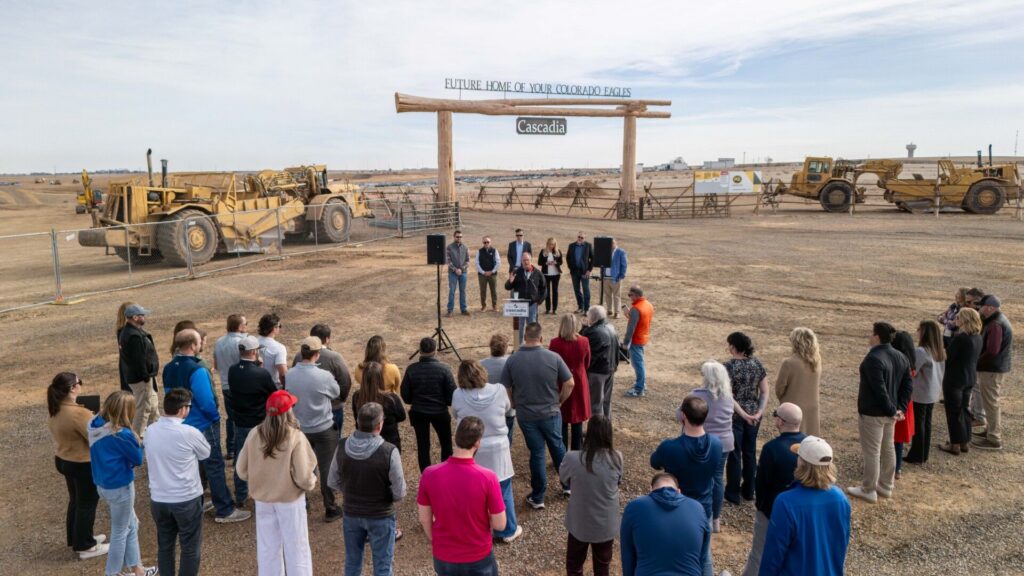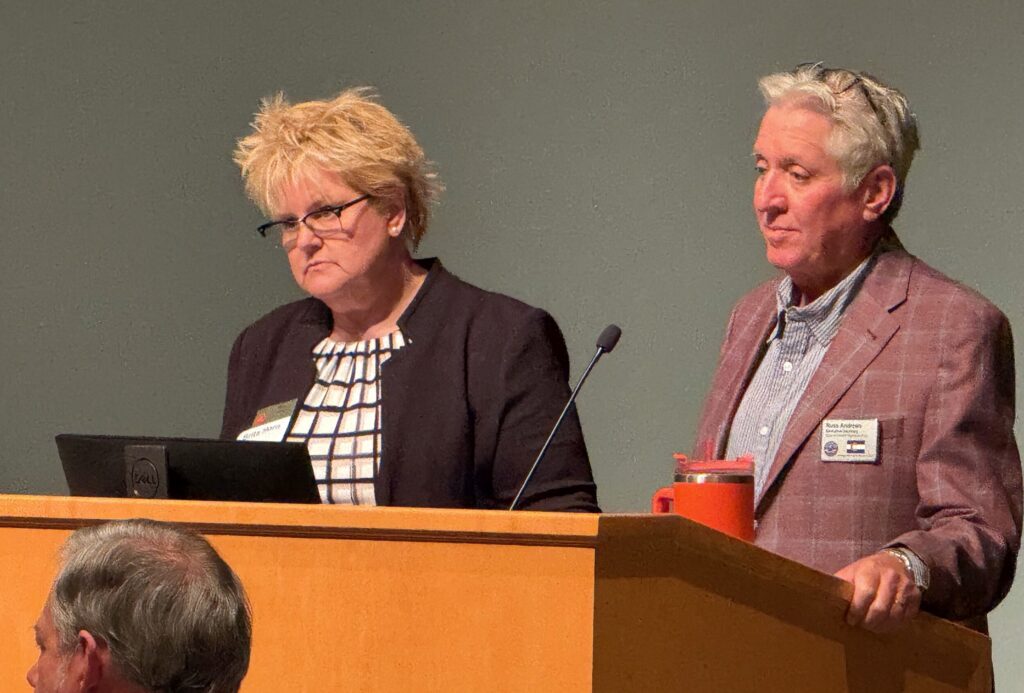Colorado’s Bennet aims to expand Denver’s alternative policing program as crime surges nationwide

U.S. Sen. Michael Bennet sees the potential for Denver’s alternative policing program, which responds to low-level emergencies with paramedics and mental health clinicians, to become a nationwide model.
Bennet, D-Denver, introduced a bill Wednesday that would fund law enforcement agencies to partner with mental health professionals, case managers and outreach teams. These civilian-led community policing programs would address nonviolent crises related to mental health, poverty, homelessness and substance use disorders.
“Community policing is an essential part of our response to the rise of crime in our country. It allows law enforcement to focus on violent crimes and lets local responders respond to people experiencing mental health crises or drug addiction,” Bennet said. “Colorado’s model proves that community policing can help deescalate encounters and connect people in crisis with the mental health services or other support they need.”
Colorado’s senator is pushing the measure amid a surge in crime in his own state. Violent crime has also surged in major cities across the country.
Bennet said community policing programs can delicately handle challenging situations without police intervention, allowing people in crisis to receive help, such as being connected to homeless shelters and substance abuse treatment. He said it would also reduce strain on law enforcement, freeing officers to focus on violent crime.
The Supporting Mental Assistance Responder Teams (SMART) Community Policing Act would dedicate funding to create or expand programs that seek to:
- Pair mental health clinicians with paramedics to respond to low-risk 911 calls
- Train crisis workers to respond to emergencies
- Provide mental health services for people in crisis
- Stabilize encounters between law enforcement and people in crisis
- Build case management and outreach teams to reduce repeat interactions with emergency services.
The bill comes on the heels of the success of Denver’s Support Team Assisted Response (STAR) Program, launched in June 2020. Denver’s program has responded to 4,600 emergency calls as of May, none of which required police backup, according to city officials.
Bennet’s SMART Community Policing Act also draws from Grand Junction’s co-responder program and Summit County’s System-wide Mental Assessment Response Team (SMART) Program. Combined, the three programs have responded to nearly 9,000 crisis calls since their inceptions, Bennet said.
“Alternative response works,” said Denver Mayor Michael Hancock. “These types of programs provide the right response for the right situation, getting people the support they need while keeping our public safety officers focused on addressing crime. … Denver’s STAR program has been extremely successful and we’re thrilled it has inspired similar alternative response programs throughout the nation.”














